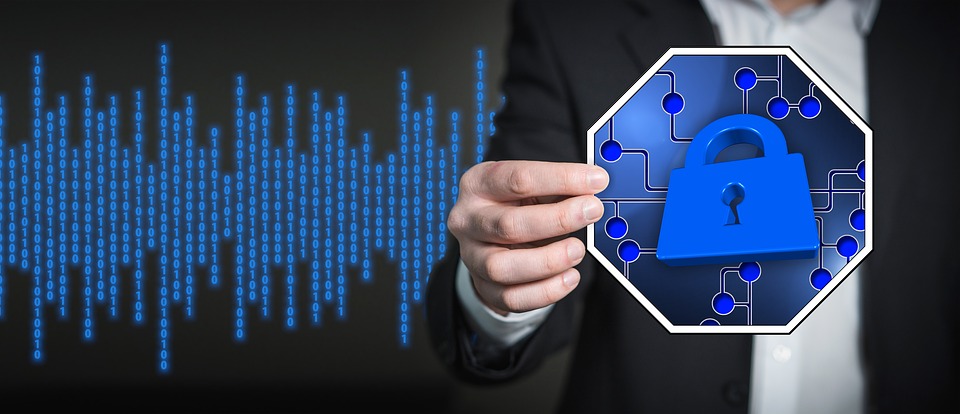
You want to tell your client that you will get the video, that his name will be cleared. But you can't. Because despite the video's obvious importance, you have no power to compel Instagram or its parent company, Facebook, to provide the video, not even with a court-authorized subpoena. Not even if it will prove your client's innocence.
Whether it is an Instagram confession, a private video of police planting a gun or direct messages that reveal a witness' bias against your client, social-media platforms can house the most critical evidence in a case. Police and prosecutors know it. They routinely use nonpublic social media content at trial. Yet because of an oversight in a 1986 law regulating the then-nascent internet, defense teams generally cannot.
Thirty-three years ago, the internet consisted mostly of terminals at research institutions. The World Wide Web would not be invented for another three years. A revolutionary mode of communication, "electronic mail," was just starting to take root. Concerned that traditional privacy protections of Fourth Amendment law might not suffice in the coming digital age, Congress passed the Stored Communications Act. The legislation required law enforcement to take certain steps, such as securing a court order, before it could force companies to share users' nonpublic content.
The text and history of the Stored Communications Act make clear that its overarching goal was to prevent government overreach and unauthorized access by unscrupulous third parties, such as computer hackers. But Congress did not account for the possibility that some third parties, particularly those accused of crimes, might need the information for legitimate purposes. Congress failed to include a provision for third-party subpoenas.
All signs indicate that the omission was unintentional. The legislative history makes no mention of any desire to supplant the standard subpoena process. The constitutional right to issue subpoenas is a long-standing and fundamental means of obtaining evidence essential to a fair trial. Even stringent privacy laws safeguarding the most sensitive types of information, such as medical and educational records, allow for court-ordered disclosures to defendants.
On July 17, the California Supreme Court took the unprecedented step of effectively upholding defense subpoenas to social media companies for nonpublic content. In that case, defense attorneys for two men accused of murder in a San Francisco shooting sought private content associated with the Facebook, Instagram and Twitter accounts of a key prosecution witness and the victim.
The defense believed the content could be helpful in several ways, including by establishing the witness's motive to falsely identify one of the defendants as being in the gunman's car. The trial judge agreed that the defense had a right to the content. Facebook and Twitter appealed. The California Supreme Court let the subpoenas stand.
Yet Facebook and Twitter still refused to disclose the content, citing the Stored Communications Act. Although the trial court held them in contempt, the companies simply paid the daily contempt fine until the trial ended, without ever disclosing the materials.
As the judge acknowledged, "Facebook and Twitter appear to be using their immense resources to manipulate the judicial system in a manner that deprives two indigent young men facing life sentences of their constitutional right to defend themselves." One of the defendants was convicted.
In opposing defense subpoenas, attorneys for Facebook have argued that defendants can access content through other routes, for example, by requesting a user's consent. Good luck asking someone to let you review their private social media so you can prove they were the one actually responsible for a crime.
Facebook has also suggested that defense teams could subpoena the user - not the company - for the relevant contents of the account. But even assuming you could find the user to serve the subpoena, there would be no way to confirm that the materials provided were complete and accurate. And only the platform itself would retain deleted content.
As for fears of fishing expeditions into users' intimate information, if a litigant seeks to subpoena content improperly, the judge could deny the subpoena, just as judges do in other contexts.
Congress should correct its long-ago error by inserting a provision into the Stored Communications Act clarifying that standard subpoena rules apply. Otherwise, innocent people will continue to be vulnerable to conviction, not because evidence of their innocence doesn't exist, but because the law doesn't permit them to reach it.
Sign up for the daily JWR update. It's free. Just click here.
Stein is a public defender in Washington.


 Contact The Editor
Contact The Editor
 Articles By This Author
Articles By This Author